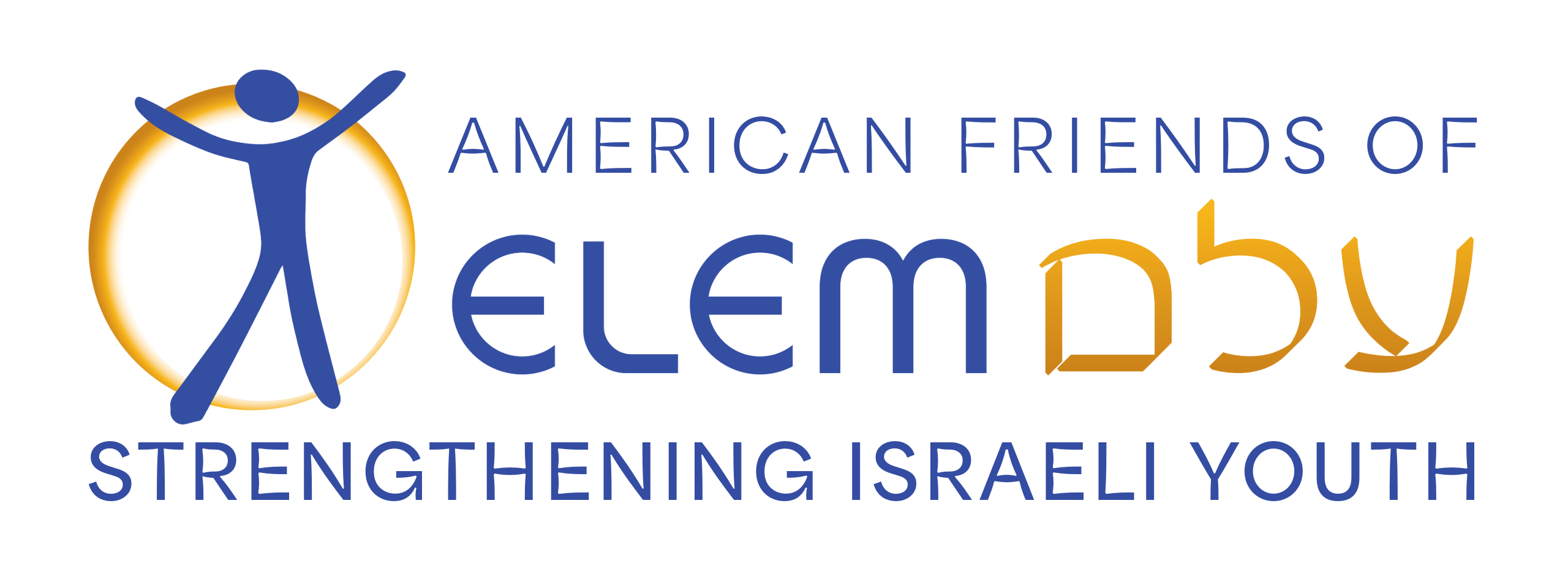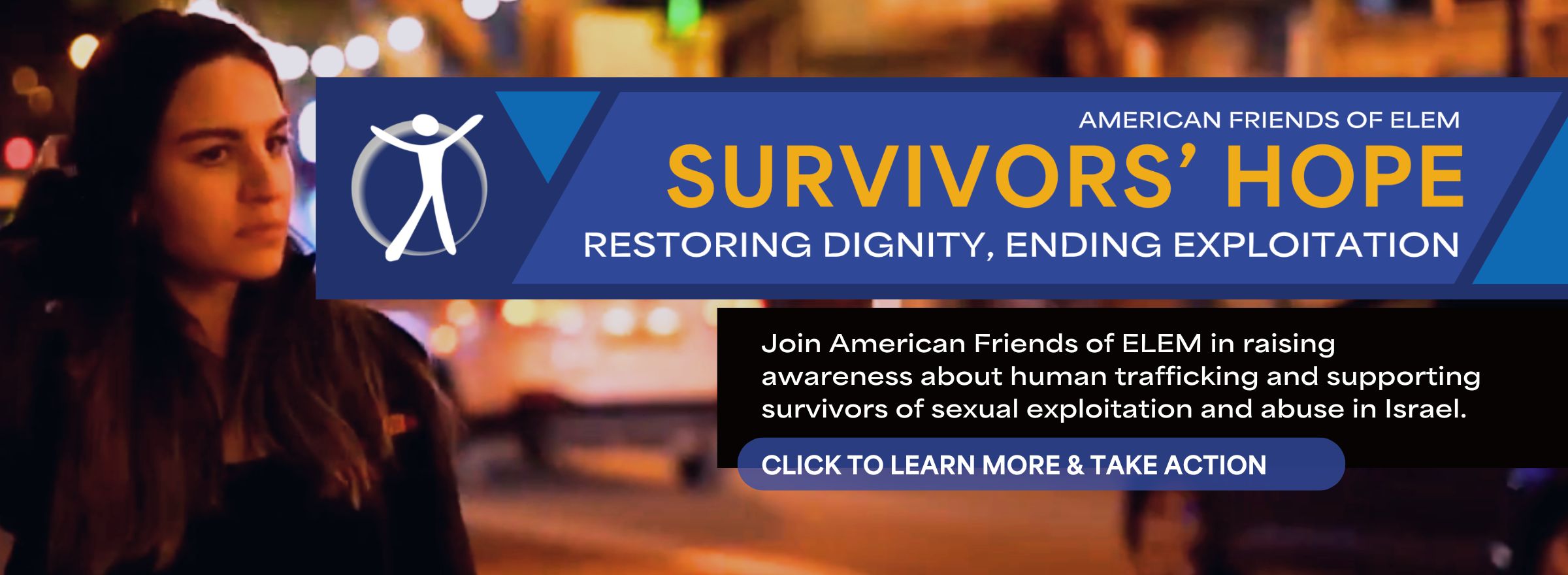In 2013, a shocking sexual abuse scandal involving hit singer Eyal Golan rocked Israel. Along with his father, Danny Biton, and other associates, Golan was embroiled in a scandal allegedly involving sex with underage girls—rape—and using his celebrity to exploit teenage victims.
In what is now widely viewed as catastrophic mishandling or outright corruption by police, Golan, who maintains his innocence, was cleared by a Tel Aviv court, while two of the victims were falsely arrested for prostitution. Now, more than ten years later, Taisia Zamolutzky—one of the complainants initially identified only as “T”—has gone public with her story. In an hour-long, emotional interview with Kan, Israel’s public broadcast network, Zamolutzk recounted in painful detail the unimaginable traumas she experienced as a minor, the power of speaking out, and the healing she hopes it will bring.
Today, just days later, she stood courageously before Israel’s Knesset, sharing her testimony before the Committee for the Advancement of Women’s Status. Three ELEM staff members appeared alongside her, joining the fight against sexual exploitation of girls and women in Israel.
For ELEM, Taisia’s story was a familiar one. Having made aliyah with her family from Uzbekistan at four years old, Taisia’s youth was plagued with adolescent troubles beyond the norm. Taisia’s story parallels that of many ELEM youth: an unstable home life, time in battered women’s shelters with her mother, trouble in school, a move to an unsupportive boarding school, and a growing dependency on drugs and alcohol. As she reflects in her interview, she was the perfect victim for exploitation.
The details of her testimony are difficult to hear, but even more impossible to believe is the fact of her own arrest for prostitution, after a year of investigation into the Golan scandal. “If you have been carrying out an undercover investigation for a year, and I have been inside this system for over a year, what does that mean?” she asks. A scathing report by the Association of Rape Crisis Centers in Israel (ARCCI) meticulously documents the ways in which the victims were often treated like criminals, and the alleged perpetrators given preferential treatment.
During Tuesday’s hearing, both Taisia and another survivor, ‘N’, shared the ways in which they were made to feel shamed, silenced, and guilty. “It is impossible to believe that in 2025, there is no law regarding the exploitation of status and power in sexual harassment,” ‘N’ said on a protected, private Zoom line.
The hearing, titled “Standing with Taisia Zamolotsk,” was not only a chance to hear the stories of Taisia and N, but an opportunity to re-open the case, advocate for increased protections for at-risk minors, and push for changes to investigations and police procedures.
Against this backdrop, Shahar, coordinator at ELEM’s Galgal shelter for homeless women—many of whom are survivors of abuse or trafficking—attended the hearing, along with social worker Gal and Shahar, Director of Bayit Amiti (A Real Home) for women who are victims of sexual assault. Bayit Amiti’s Director, Shahar, spoke clearly to the committee about the harmful impact of police negligence on victims like Taisia, and the shocking reality that too many youth have stories like Taisia.
ELEM sees thousands of youth dealing with severe sexual abuse—this year alone, providing over 10,000 hours of therapy for victims and survivors of assault and exploitation—and Taisia’s story is sadly not uncommon. But the bravery of Taisia speaking out, Shahar shared, is a ray of hope for other survivors. That’s why ELEM will continue to work tirelessly for the youth in our shelters, the survivors on the streets , within the walls of the Knesset, and out wherever youth are to impact change, provide healing, and create a new reality where no youth is exploited or abused.
“Ultimately, I feel whole with this decision,” said Taisia in her first public remarks. “It’s a step I need to take. I thought about it a lot. I think the time has come for me to tell this story, and to end this cycle. It’s part of my healing. And it’s also critical that this nation – my beloved nation – will know what happened to me.”







